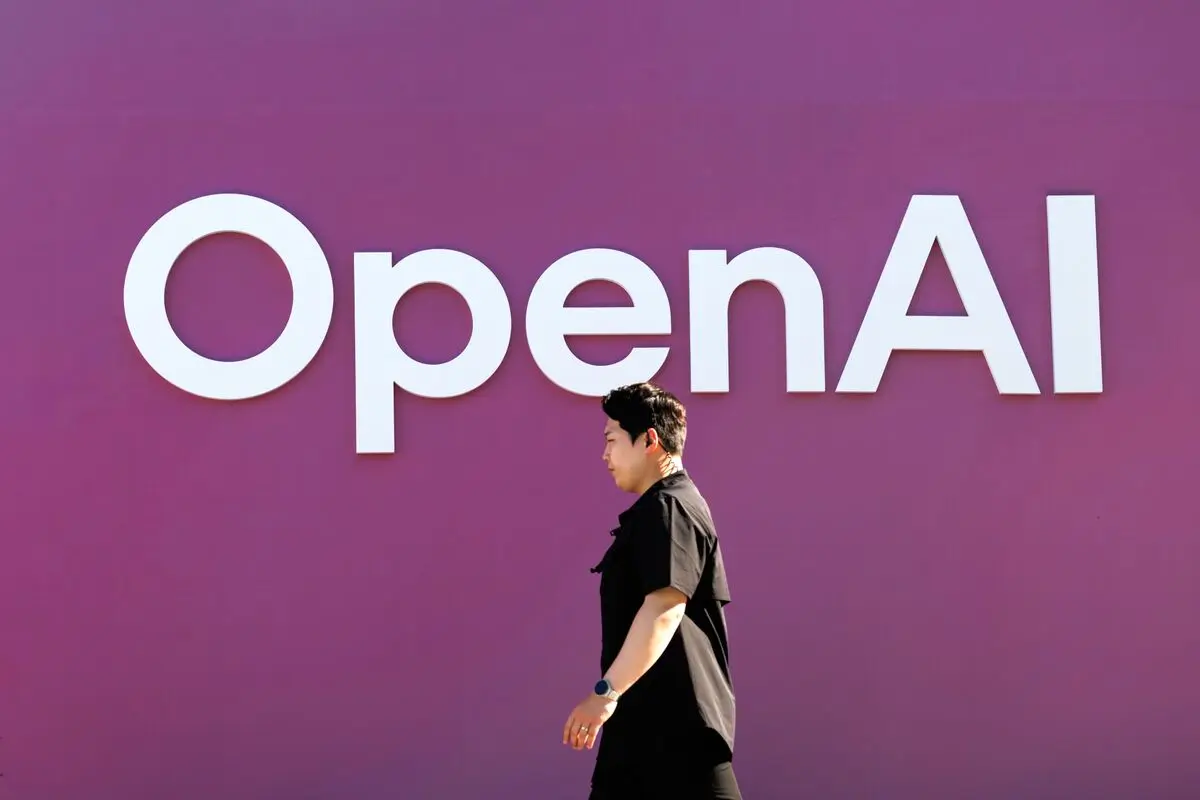Robinhood Plans AI Investment Fund to Give Retail Investors Access to Private AI Companies
4 Sources
4 Sources
[1]
Robinhood wants to allow amateur traders to invest in AI start-ups
US broker Robinhood plans to give amateur investors a route to put money into private artificial intelligence companies whose valuations have vastly increased. Chief executive Vlad Tenev told the Financial Times that he is more interested in giving "normal people" exposure to the rapid growth of private AI companies than worrying about whether a bubble is forming in the sector. AI is going to create "widescale disruption and we want people to have exposure to the drivers of that disruption", he said. Robinhood plans to offer tradeable shares in a new fund managed by its subsidiary Robinhood Ventures, which will invest in a highly concentrated portfolio of five or more "best in class" private companies -- and may borrow money to boost its return. The trading platform's move comes as money managers are seeking to tap small investors as a new pool of capital to plough into private markets. President Donald Trump's executive order in August has made it easier for employers to include assets such as private equity and private credit in retirement plans. Asset managers including Blue Owl, Blackstone and Apollo are moving beyond institutional investors and seeking to appeal to individuals. Public markets have been shrinking for decades, while the number of private companies in the US valued at more than $1bn rose above 1,000 in 2024 from 20 in 2016, PitchBook data shows. Top AI developers such as OpenAI and Anthropic have led the boom in start-up valuations, with just 10 lossmaking companies adding close to $1tn to their value over the past 12 months through private deals. Robinhood's move to open the door for small-time investors to back these groups has caused concern, given the proposed fund's structure and the trading venue's relative lack of experience managing money. The fund will be closed-end, meaning traders will not be able to quickly redeem their shares at will and could find their money trapped if too many investors rush for the exit. "Managing a complex, private equity strategy like this could seriously burn their fast-moving user base," said Bryan Armour, director of passive strategies research at data provider Morningstar. Tenev said retail customers notorious for buying stock market dips are clamouring for such opportunities despite the significant amount of risk and the knowledge that investments could go to zero. He also pushed back against concerns that the AI boom is a bubble and said Robinhood customers were "buying heavily" into the AI theme. "I don't think [Big Tech] price-to-earnings ratios are crazy out of whack," said Tenev, who became one of the faces of the 2021 meme stock boom because of Robinhood's popularity with the raucous crowd of adventurous, do-it-yourself traders. Robinhood is the S&P 500's third-best performing stock this year, up 255 per cent. The California-based company's shares fell almost 11 per cent on Thursday even after it said revenues in the third quarter doubled year-on-year to $1.27bn. Revenues from crypto transactions rose 300 per cent to $268mn. In March, Robinhood partnered with Kalshi to launch its own prediction market business, offering traders shares in binary outcomes -- whether a basketball team wins or loses, for example -- amid a wider explosion in gambling in the US on sports, politics and pop culture events. The number of so-called event contracts traded on its platform more than doubled quarter-on-quarter to 2.3bn between July and September and rose to 2.5bn in October alone, Robinhood said on Wednesday. Tenev predicted this market could expand further into new areas. "A lot of people think that this evolves to become more bespoke and personalised, a direction that's very exciting," he said. "If you could price the risk of someone's house being subjected to a flood or fire, that could be a much better product potentially than the insurance products that one can currently get."
[2]
Robinhood To Offer Retail Investors Access To Private AI Companies Despite Bubble Concerns - Robinhood Markets (NASDAQ:HOOD)
Robinhood Markets Inc. (NASDAQ:HOOD) is set to offer retail investors a chance to invest in private artificial intelligence (AI) companies, despite concerns of a potential bubble in the sector. AI Investment Fund To Focus On Private AI Firms Robinhood's CEO, Vlad Tenev, revealed that the company plans to launch a new fund managed by its subsidiary, Robinhood Ventures. This fund will allow traders to invest in a concentrated portfolio of at least five "best in class" private AI companies, said Tenev in an interview with the Financial Times on Monday. The fund will operate as a closed-end vehicle, meaning investors won't be able to redeem their shares easily -- raising the risk of their capital being locked in if many attempt to withdraw simultaneously. Despite the high risk and the possibility of investments going to zero, Tenev noted that retail customers, known for buying stock market dips, are eager for such opportunities. However, Robinhood is not deterred by the possibility of a bubble in the AI sector. Tenev emphasized the potential for "widescale disruption" created by AI and the importance of giving retail investors exposure to the driving forces behind this disruption. See Also: Elon Musk Asks, 'How Cool Would That Be?' As He Outlines His Goal To Let 'Anyone' Move To Mars And Help Build A New Civilization...Even Your Kids Valuation Concerns Loom This move by Robinhood comes on the heels of its strong Q3 performance, where it reported a double beat and record revenue. The company is expanding beyond stocks, options, and crypto trading, with prediction markets emerging as one of its newest and rapidly growing ventures. After launching prediction markets on the 2024 presidential election and sports outcomes through a partnership with Kalshi, it is now expanding into entertainment and financial spaces with new markets. Despite this, analysts have expressed differing opinions on its future prospects. Analyst Parkev Tatevosian, CFA, recognized the stock's strong performance in 2025 but cautioned that it is now "significantly overvalued." On a year-to-date basis, Robinhood stock surged 230.53%. Benzinga's Edge Rankings place Robinhood in the 99th percentile for momentum and the 93rd percentile for growth, reflecting its strong performance in both areas. However, it is in the 6th percentile for value. Check the detailed report here. READ NEXT: Rumble Advances Bid To Acquire Northern Data To Boost Cloud Computing Capabilities Image via Shutterstock Disclaimer: This content was partially produced with the help of AI tools and was reviewed and published by Benzinga editors. HOODRobinhood Markets Inc$135.303.79%OverviewMarket News and Data brought to you by Benzinga APIs
[3]
Robinhood Aims to Let 'Normal People' Invest in AI Firms | PYMNTS.com
By completing this form, you agree to receive marketing communications from PYMNTS and to the sharing of your information with our sponsor, if applicable, in accordance with our Privacy Policy and Terms and Conditions. In an interview with the Financial Times (FT) published Monday (Nov. 10), CEO Vlad Tenev said he was interested in offering "normal people" a chance to invest in fast growing artificial intelligence firms, and less worried about a possible industry bubble. AI is going to lead to "widescale disruption, and we want people to have exposure to the drivers of that disruption," said Tenev. He told the FT the company aims to offer tradeable shares in a new fund managed by its subsidiary Robinhood Ventures, which will invest in five or more "best in class" private companies -- and could borrow money to bolster its return. The report notes that this is happening amid the ongoing shrinkage of public markets and a massive jump in the number of private American companies valued at more than $1 billion. There were 20 such companies in 2016 and more than 1,000 last year, the FT said, citing data from PitchBook. High-profile AI companies like OpenAI and Anthropic have driven a surge in startup valuations, the report added, with just 10 firms adding nearly $1 trillion to their value in the last 12 months through private deals, the report added. According to the FT, Robinhood's plan has caused concerns, due to the structure of the planned fund and the company's relatively short track record in managing money. The fund will be closed-end, which means investors won't be able to quickly redeem their shares at will and could see their money trapped if too many investors scramble to exit. "Managing a complex, private equity strategy like this could seriously burn their fast-moving user base," said Bryan Armour, director of passive strategies research at data provider Morningstar. Tenev said retail customers are aware of the risks involved, and pushed back against fears that the AI boom is a bubble and said Robinhood customers were "buying heavily" into the sector. In other Robinhood news, Tenev said last week that prediction markets could become one of the largest asset classes, with the company doubling its volume of contracts each quarter since introducing the service last year. "I think it's really exciting to see where this can go," Tenev said during an earnings call. "I mean, we love being early to this new asset class, and some people are saying this could be one of the largest asset classes because you can price risk in pretty much anything."
[4]
Analysts See Upside in Robinhood Shares Despite Post-Earnings Pullback and AI Fund Launch
Robinhood's New AI Fund and Higher Expenses Weigh on Shares, Yet Analysts Forecast Room for Gains Robinhood Markets plans to open access to private artificial intelligence companies through Robinhood Ventures Fund I. The closed-end fund will target at least five private AI firms and sit inside the Robinhood Ventures unit. It aims to give retail investors exposure to fast-growing startups that usually remain limited to institutional and accredited investors. The fund structure limits redemptions, so investors may not exit their positions quickly. If many investors try to withdraw at the same time, they could face delays or discounts. The company positions this feature as part of a long-term strategy rather than a short-term trading product. Chief executive Vlad Tenev has argued that everyday investors want exposure to the AI trend despite higher risk. He has also downplayed concerns about an AI bubble, noting that Robinhood customers already allocate significant capital to AI-related assets. Management continues to warn that investments in early-stage companies can lose all their value. The launch of fits into the broker's broader push into new asset classes. Robinhood already offers trading in stocks, options, cryptocurrencies and prediction markets. The AI fund adds another growth lever while also increasing the firm's exposure to volatile sectors.
Share
Share
Copy Link
Robinhood Markets is launching a new closed-end fund through its subsidiary Robinhood Ventures to allow retail investors to invest in private AI companies, despite concerns about market bubbles and fund structure risks.
Robinhood's Bold Move Into Private AI Markets
Robinhood Markets is preparing to launch an ambitious new investment vehicle that would give retail investors unprecedented access to private artificial intelligence companies. CEO Vlad Tenev announced plans for a closed-end fund managed by subsidiary Robinhood Ventures, targeting at least five "best in class" private AI firms in a highly concentrated portfolio
1
.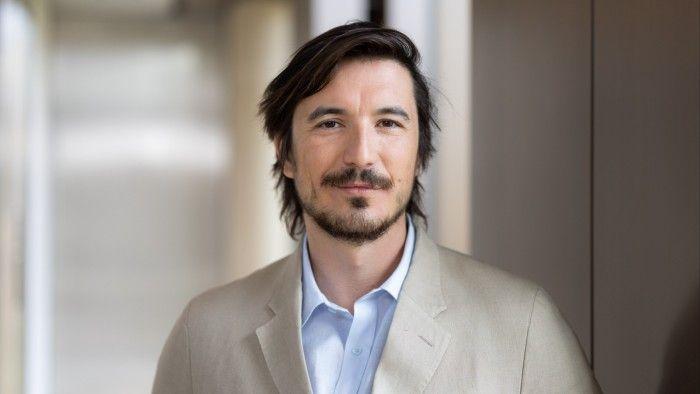
Source: FT
The move represents a significant expansion beyond Robinhood's traditional offerings of stocks, options, and cryptocurrency trading. Tenev emphasized his commitment to giving "normal people" exposure to the rapid growth of private AI companies, stating that AI will create "widescale disruption and we want people to have exposure to the drivers of that disruption"
1
.Market Context and Valuations
The timing of Robinhood's announcement coincides with an extraordinary boom in AI startup valuations. High-profile companies like OpenAI and Anthropic have driven a surge in private market activity, with just 10 loss-making AI companies adding close to $1 trillion to their value over the past 12 months through private deals
1
.This growth reflects a broader transformation in capital markets. Public markets have been shrinking for decades, while the number of private US companies valued at more than $1 billion has exploded from just 20 in 2016 to over 1,000 in 2024, according to PitchBook data
1
. Asset managers including Blue Owl, Blackstone, and Apollo are increasingly seeking to tap individual investors as a new source of capital for private markets1
.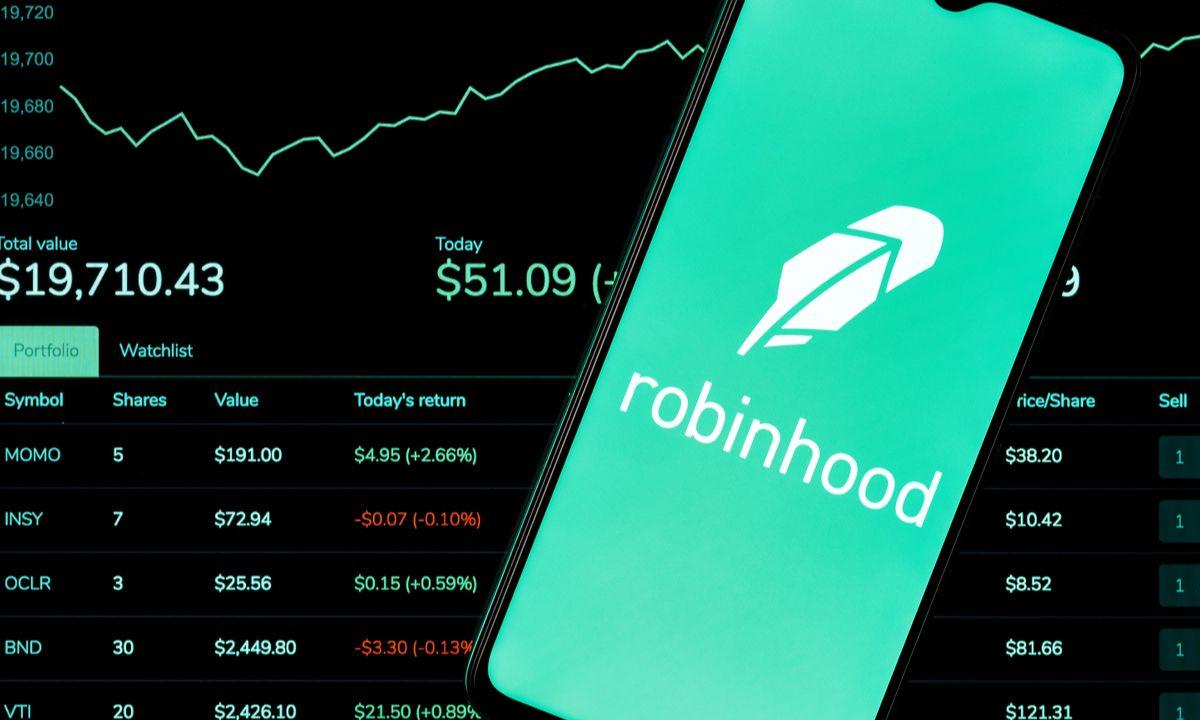
Source: PYMNTS
Fund Structure and Risk Concerns
The proposed fund will operate as a closed-end vehicle, meaning investors cannot quickly redeem their shares at will. This structure has raised significant concerns among industry experts, as investors could find their money trapped if too many attempt to exit simultaneously
2
.Bryan Armour, director of passive strategies research at Morningstar, warned that "managing a complex, private equity strategy like this could seriously burn their fast-moving user base"
1
. The concerns are amplified by Robinhood's relatively limited experience in managing money compared to traditional asset management firms3
.Despite these risks, Tenev noted that retail customers are clamoring for such opportunities, even with full knowledge that investments could go to zero. He emphasized that Robinhood customers are already "buying heavily" into AI-themed investments
1
.Related Stories
Bubble Concerns and Market Performance
Tenev has pushed back against concerns that the AI boom represents a bubble, arguing that Big Tech price-to-earnings ratios are not "crazy out of whack"
1
. This stance comes as Robinhood itself has experienced remarkable stock performance, ranking as the S&P 500's third-best performing stock this year with gains of 255 percent1
.The company reported strong third-quarter results, with revenues doubling year-over-year to $1.27 billion, including a 300 percent increase in crypto transaction revenues to $268 million
1
. However, shares fell nearly 11 percent following the earnings announcement, reflecting some investor caution about the company's ambitious expansion plans1
.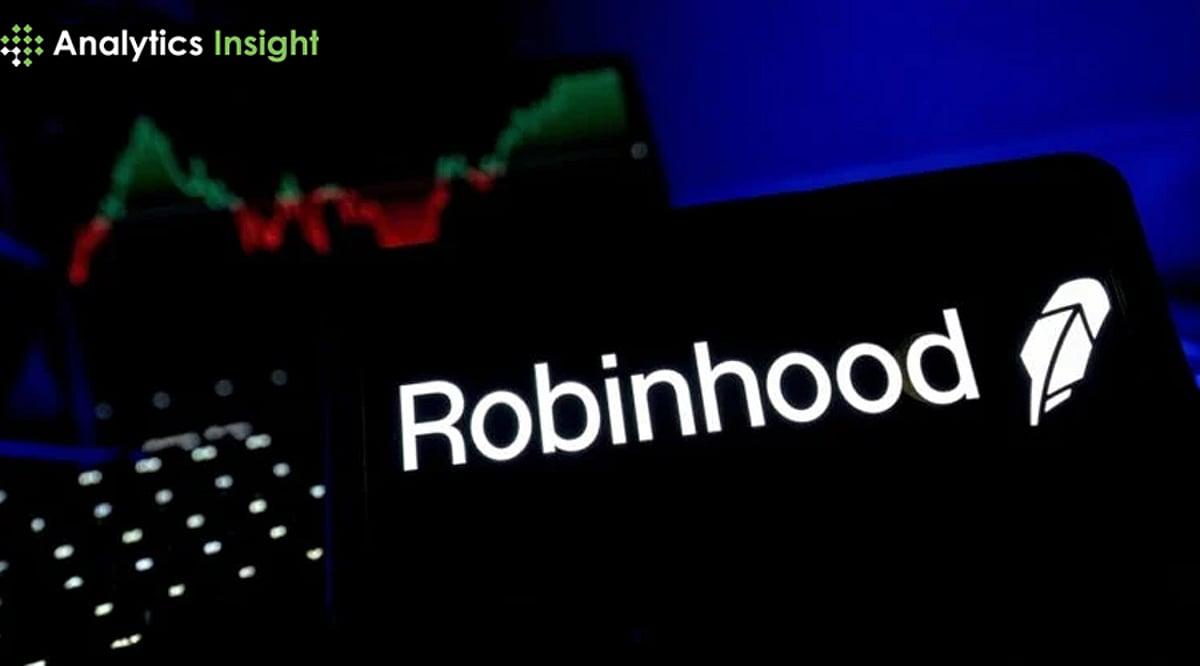
Source: Analytics Insight
Broader Strategic Expansion
The AI fund launch represents part of Robinhood's broader diversification strategy beyond traditional trading. The company has already expanded into prediction markets through a partnership with Kalshi, offering traders binary outcome contracts on sports, politics, and cultural events
1
. Event contract trading volumes more than doubled quarter-on-quarter to 2.3 billion between July and September, reaching 2.5 billion in October alone1
.Tenev has expressed optimism about further expansion into personalized risk pricing, suggesting potential applications in areas like flood or fire insurance for individual properties
1
. This vision aligns with the company's mission to democratize access to financial markets and investment opportunities previously reserved for institutional players.References
Summarized by
Navi
Related Stories
Robinhood Expands AI-Powered 'Digests' Feature to UK Market, Enhancing Stock Analysis for Investors
19 Aug 2025•Technology
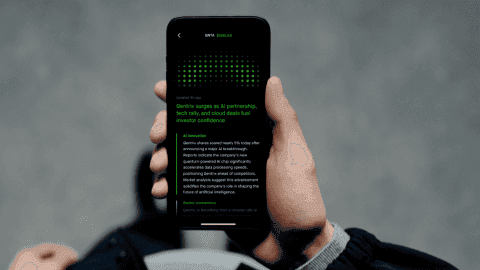
OpenAI Condemns Robinhood's 'OpenAI Tokens', Sparking Debate on AI Company Equity
03 Jul 2025•Business and Economy
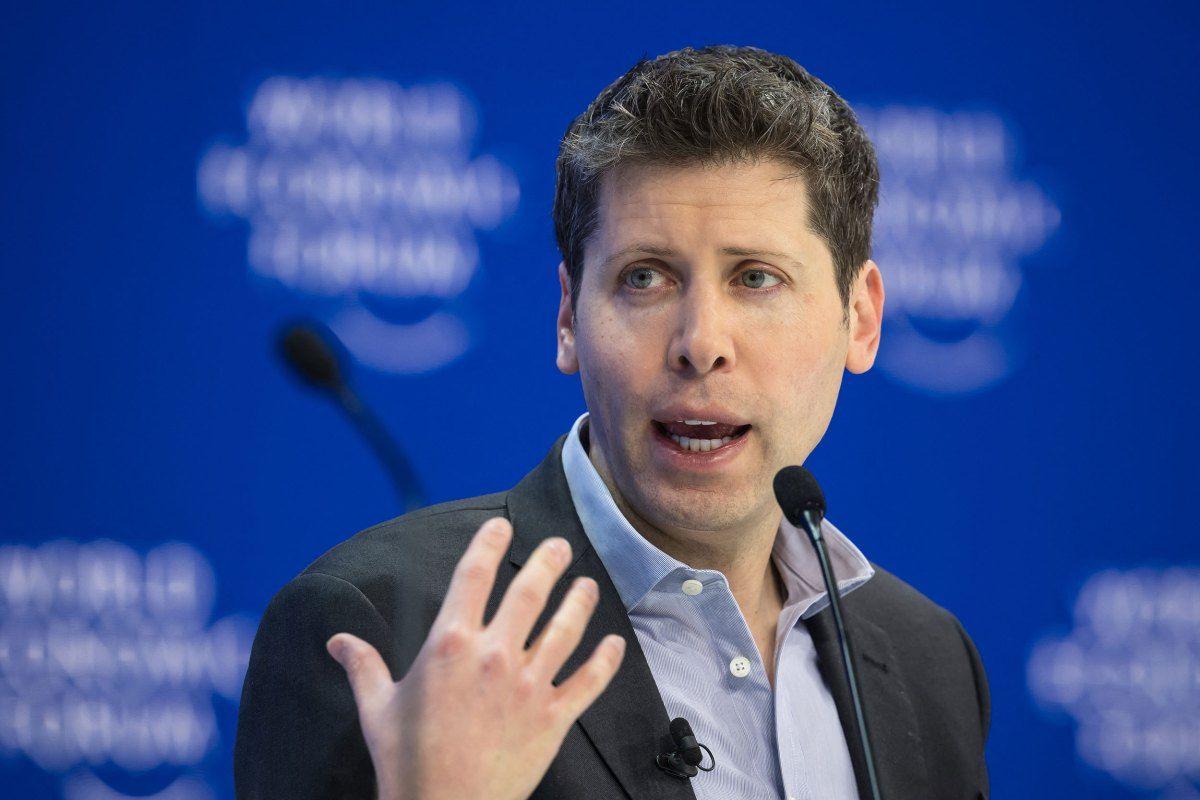
Robinhood Launches Tokenized US Stock Trading for EU Users, Expanding into Crypto-Powered Finance
01 Jul 2025•Business and Economy
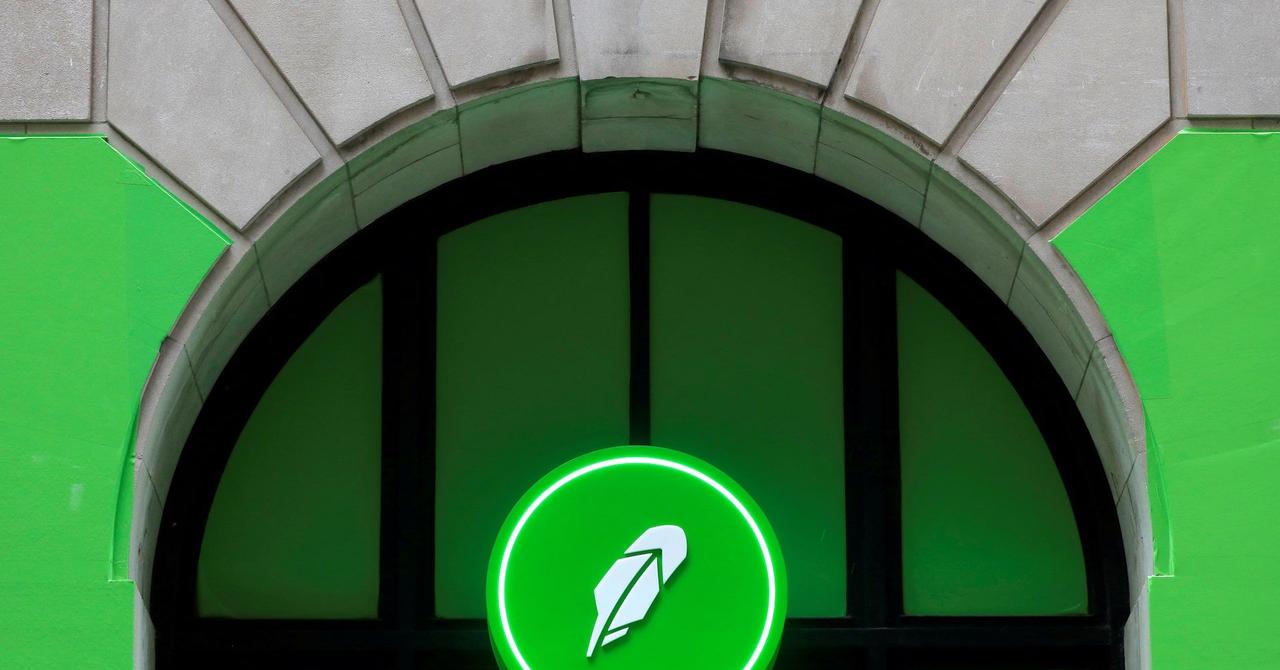
Recent Highlights
1
Google Gemini 3.1 Pro doubles reasoning score, beats rivals in key AI benchmarks
Technology

2
Pentagon Summons Anthropic CEO as $200M Contract Faces Supply Chain Risk Over AI Restrictions
Policy and Regulation

3
Canada Summons OpenAI Executives After ChatGPT User Became Mass Shooting Suspect
Policy and Regulation

